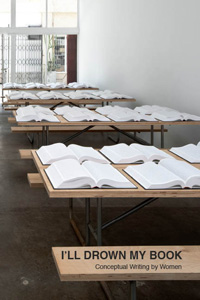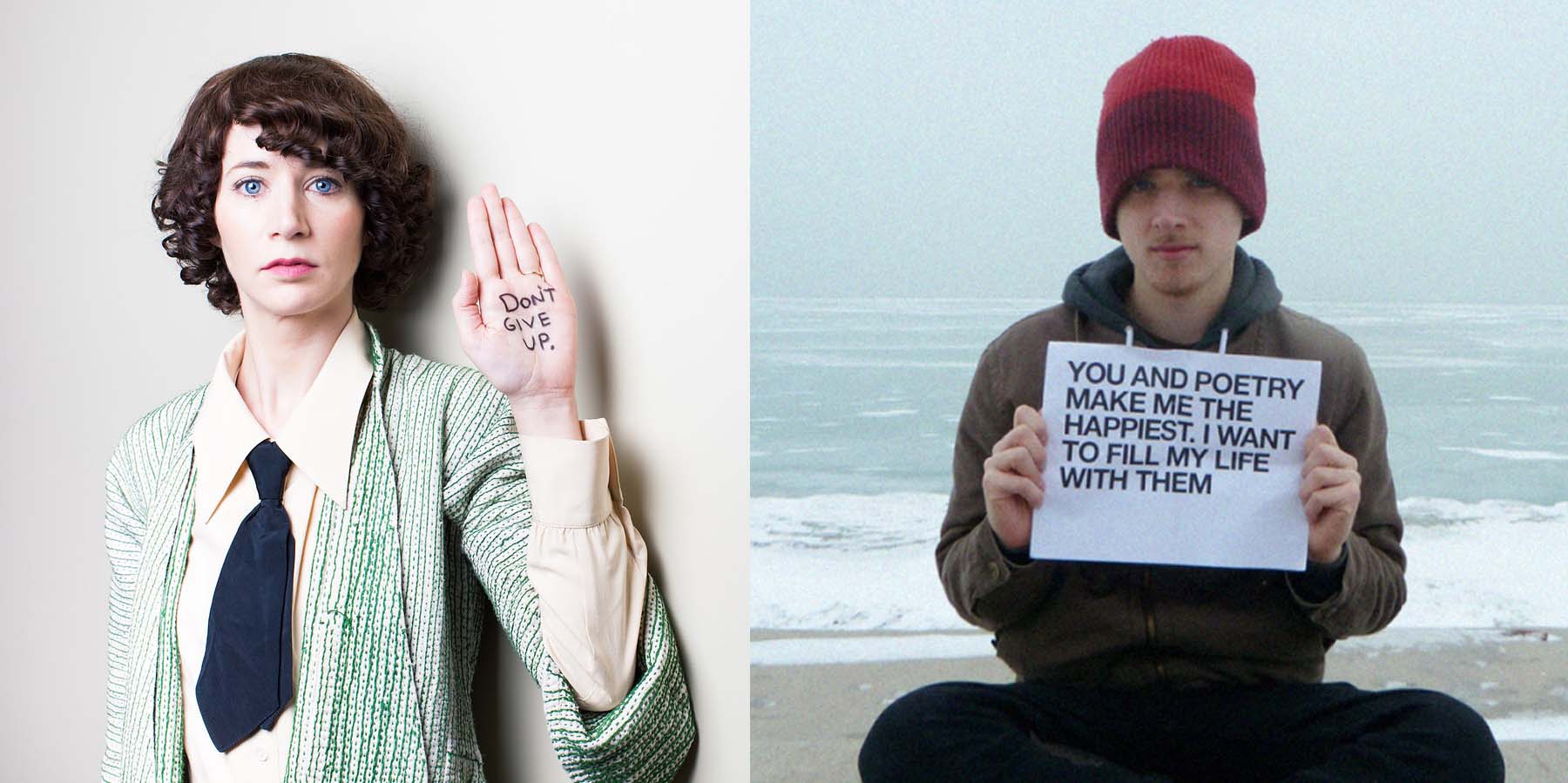ToBS R3: Facebook-based political ‘activism’ vs. calling anything you write a manuscript

[matchup #56 in Tournament of Bookshit]
Real talk. Facebook “like”ing this page would probably do more than releasing an anthology of contemporary poetry about it. And claiming that your writing is experimental and divorced from politics doesn’t just mean that you write white identity poetry. It is also an acknowledgement of poetry’s inability to affect change in contemporary America.
Additionally, The New Yorker published a long-form expository essay about Facebook-based political activism. The New Yorker has never published a long-form expository essay about poetry.
At first, it seemed so clear. The facts led this judge solidly in one direction. But then a close friend of mine brought to light a new and intriguing piece of research. It’s called the Penis Defense. In this six-page manuscript, the author lays out a whole new theory behind calling anything you write a manuscript. READ MORE >
I’LL DROWN MY BOOK: Part 3
 I’ll Drown My Book: Conceptual Writing by Women
I’ll Drown My Book: Conceptual Writing by Women
Edited by Caroline Bergvall, Laynie Browne, Teresa Carmody, & Vanessa Place
Les Figues Press, 2012
455 pages / $40 Buy from Les Figues Press
(Disclosure: I honestly had no idea when I requested the book but note that it contains the work of some of my friends, acquaintances, teachers, mentors, and personal heroes, though the widescreen approach in curating the book’s 64 writers works against me simply cheering on a select group or writer to whom I’m personally attached.)
Prior to reading I’ll Drown My Book: Conceptual Writing by Women, my general, sloppy idea about conceptual writing was that it was only the kind of writing where the experience of appropriated text as object/concept was more important than the experience of reading what’s been sculpted into book form for “literary” value. Instead, I’ll Drown My Book offers approaches to encountering and writing text as various as the writers included and as familiar as “appropriation,” “intertextuality,” “hybrid” and “constraint,” named in the book alongside “dissensual,” “baroque,” and thirteen other broad categories as forms conceptual writing might take.
What’s important and unique about the writing in I’ll Drown My Book isn’t what strategy is being employed but the fact that there is a strategy, and often a structure. (The two being different in that strategy involves an approach guided by a given or created set of rules while structure involves use of a given or created form other than a continuous or broken line.) You could claim that all writing is strategic in some way with respect to what decisions you make when you set out to write anything but the writing in the anthology is strategic specifically because the strategies are local, formal, and often overt vs. obscured from the reader. Conceptual writing, here, is not a movement but a methodology, a way of viewing writing as always following and rewriting a myriad of different kinds of other texts, or by replacing “writer” with text. Just for the sake of contrast I’m claiming the nominal state of what let’s call “normative” writing is that you can and do claim sole authorship,over additive and usually linear text, starting off in your headspace with an idea or image or voice that seems worth pursuing and building on it alone, meaning, in the words of Frank O’Hara, you just go on your nerve.
June 6th, 2012 / 12:00 pm
Jennifer Egan’s Black Box
The New Yorker recently tweeted, for an hour each night, for ten nights, Jennifer Egan’s new short story/prose poem Black Box. Here, I attempt to review the story and the effort in the same medium in which it was disseminated: through sentences that contain 140 characters or less.
1
Virginia Woolf freed the literary critic from the fetters of the artist.
She simply pointed out that literary criticism uses the same tools as the writer.
We do not paint a criticism of a Matisse.
We do write a review of Tolstoy.
This accidental overlap allows the reviewer to vie for power with the author;
To somehow win a war of words where mimicry transforms into mastery.
June 6th, 2012 / 12:00 pm
I’LL DROWN MY BOOK: Part 2
 I’ll Drown My Book: Conceptual Writing by Women
I’ll Drown My Book: Conceptual Writing by Women
Edited by Caroline Bergvall, Laynie Browne, Teresa Carmody, & Vanessa Place
Les Figues Press, 2012
455 pages / $40 Buy from Les Figues Press
One half of a knucklebone or other object was a common object to carry in ancient Greece as an identifier to whoever carried the other half: a symbolon, the root of the word symbol. A symbol is a half-thing but of course most things are half-things; otherwise, what is language for? It fossilizes the potential of objects into meaning. Art has that to deal with. Language that knows it is art, on the other hand, seems to seek objecthood.
A walk through a regular art museum might have you thinking art is paintings. A distant second to that is sculpture, then drawings and prints, etc., and the farther the object deviates from these materials (or if the object was made for any other purpose than aesthetic contemplation, say, a quilt), not only is it less likely the object will be canonized (without any modifying category) as art, but the more the object will require mediation, textual padding between audience and object.
Perhaps what makes a work Conceptual, then, in visual art and in writing, is that as an object it attends to its physical deviation from canonical works but also shifts its weight to its context rather than its object. “A construction [is] a beginning of a thing,” wrote Yoko Ono in her Conceptual art book Grapefruit, and in this view, an object or a text is an idea’s anchor that begins, rather than completes, the idea.
The writings in I’ll Drown My Book are surrounded by frames: two introductions and one afterword by the editors. Each selection is then also followed by a writer’s statement, often a description of the work’s procedure or a response to the term Conceptual as it applies to her work. This textual-framing reminds me very much of how the visual arts are presented, propped by text panels in galleries and museums, battened by artist’s statements in magazines and catalogs. And ultimately, Conceptual writing itself is consciously framed by the Conceptual art movement of the 60s and its earlier predecessors in Dada and related movements; solidified by Duchamp in 1917 in his defense of his readymades which refused to supplement art objects with context but instead supplanted them with context. But Conceptual art, just as it is in writing now, never came to define a precise artistic practice, and because of this it became a convenient bag to throw anything that didn’t seem like art. In other words, art that was hard to sell: performances, happenings, instructions, installations, ephemera, sounds, silence. In dematerializing of the art object, artists were certainly responding to the hyper-commodification of contemporary art and its increasingly opaque economics.
June 5th, 2012 / 12:00 pm
I’LL DROWN MY BOOK: Part 1 (The Ghosts of I’ll Drown My Book)
This is Part 1 of a week long feature on I’ll Drown My Book, the new anthology of women’s conceptual writing out recently from Les Figues Press.
Stay tuned all week for more…
6/4 Monday – Part 1: Review by Janice Lee
6/5 Tuesday – Part 2: Review by Molly Brodak
6/6 Wednesday – Part 3: Review by Nicholas Grider
6/7 Thursday – Part 4: Review by Janey Smith
6/8 Friday – Part 5: Brief interview questions with the anthology’s editors
*** READ MORE >
June 4th, 2012 / 12:00 pm
Oprah’s Book Club Two Point Oh
This afternoon, Oprah announced she was reviving her book club as Oprah’s Book Club 2.0. Her first selection is Cheryl Strayed’s Wild. What does this mean for most writers? Absolutely nothing! You can, though, resume your fantasies about being selected for the book club or line up your complaints about what Oprah is doing wrong and that’s pretty exciting.
Regardless, it’s great to see Oprah once again bringing attention to books. Hopefully, this time around, she’ll be more diverse in the titles she picks.
a typical tuesday
http://youtu.be/kBX4vYiuAIE
One of the truly great content creators of our literary era, Shoenice, written up at Motherboard/Vice.


